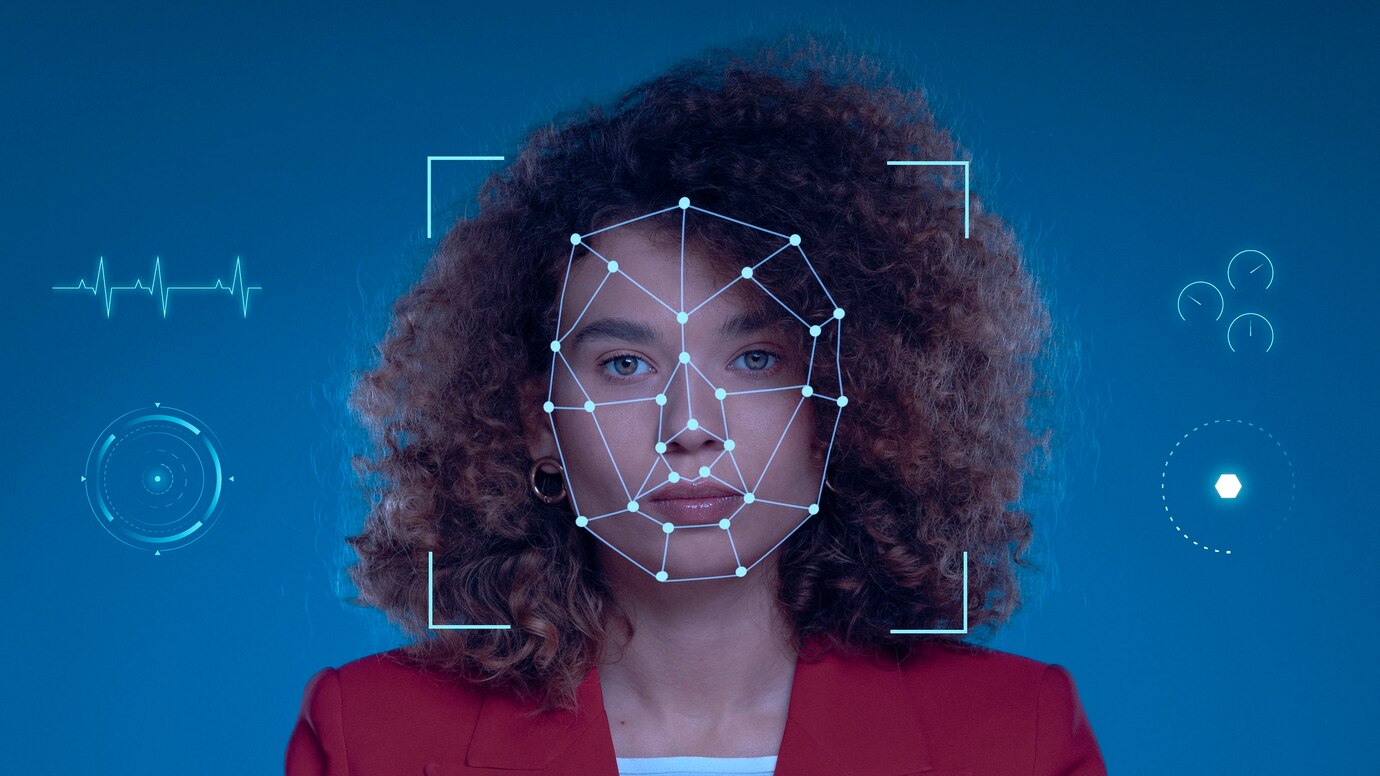
Over time, a complex web of interdependencies has developed between human identity and technical progress. Not only have technological developments altered our daily lives and interactions with the environment, but they have also considerably impacted and, in some instances, redefined parts of human identity. The following are some important aspects of this complex relationship:
Identity in Culture and Advancements in Technology:
There is a two-way street between cultural identity and technological progress. The technology, artifacts, and tools that a civilization creates reveal its principles, goals, and ambitions. Take, for instance, the way different cultures see advancement and achievement as a result of the effects of the industrial revolution and the technical breakthroughs that followed.
Self-Extension with Technology:
The idea of "technological extension," first put forward by media theorist and philosopher Marshall McLuhan, holds that technology are really just extensions of human capability. The printing press and smartphones are only two examples of how technical progress has broadened people's horizons and increased their potential. A person's sense of self and identity might be impacted by this expansion.
The Internet Persona and Their Online Reputation:
In today's digital world, many people keep a large part of their identity on the internet. Digital identities are built via digital interactions, online activities, and social media accounts. There is a gradual merging of people's actual and virtual personalities as their online personas become an intrinsic aspect of who they are.
Advancements in Biotechnology:
Concerns on the possibility of improving human capacities are prompted by developments in biotechnology. There is hope that technologies like wearable tech, genetic engineering, and AI will one day enhance both mental and physical capacities. These developments raise questions about the moral consequences of technology and threaten long-held beliefs about humanity.
Personality in Online Environments:
The immersive experiences made possible by VR and AR technology enable users to interact with virtual worlds. Through the use of avatars and virtual world exploration, users are able to modify their perceptions of themselves and others around them in these places. Integrating one's virtual and actual selves begs the concerns of veracity and the relative stability of one's virtual persona.
Issues of Ethics and Personal Data Protection:
Many people are worried about their privacy and autonomy being invaded by the massive data sets collected and analyzed by technology like surveillance systems and artificial intelligence. A person's feeling of self and agency in their story might be affected by how their personal data is treated in the digital space.
Integration of Humans and Machines:
The line separating people from intelligent robots is becoming more blurry as the two interact more and more. Novel technologies such as prostheses and brain-computer interfaces are reshaping our understanding of the human form and personhood. Some have speculated that a post-human future may be possible as a result of technology's pervasiveness in modern life.
Technological progress has become deeply ingrained in human identity, impacting people's views of themselves, their connections, and their place in the world. As technology progresses, it will alter and transform many parts of human identity, leading to perennial questions about humanity in a world where technology plays an ever-increasing mediating role. In light of these shifts, it is more important than ever to think about how technology progress affects people's ability to define and express themselves culturally and socially.
